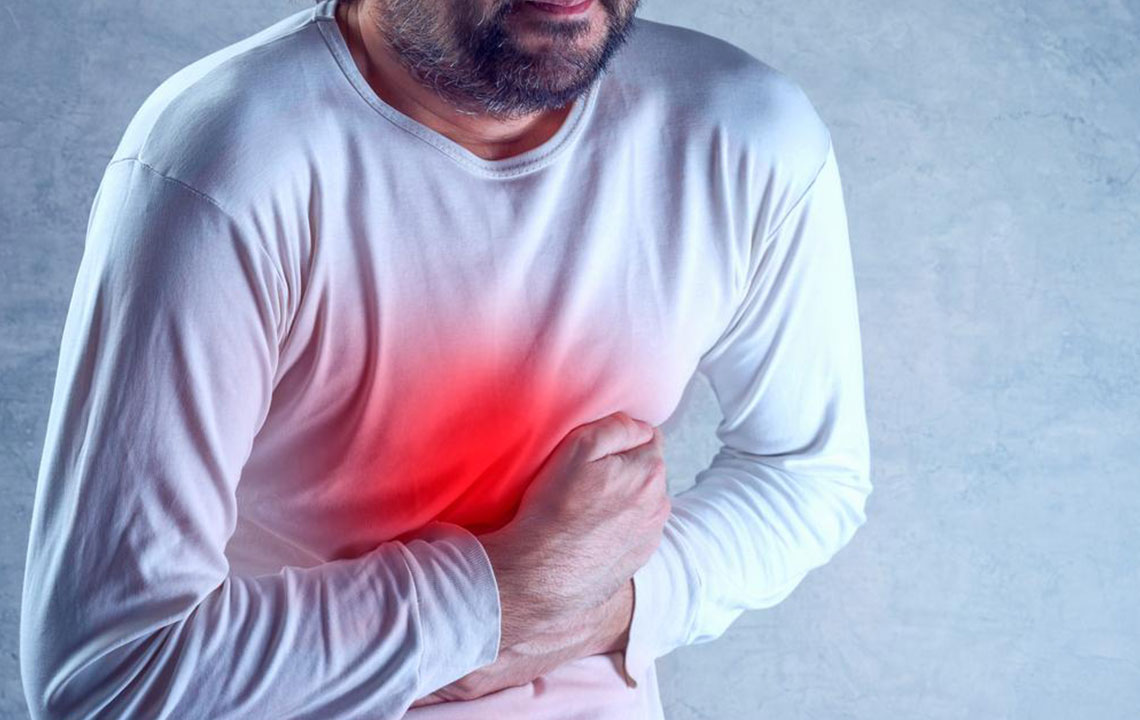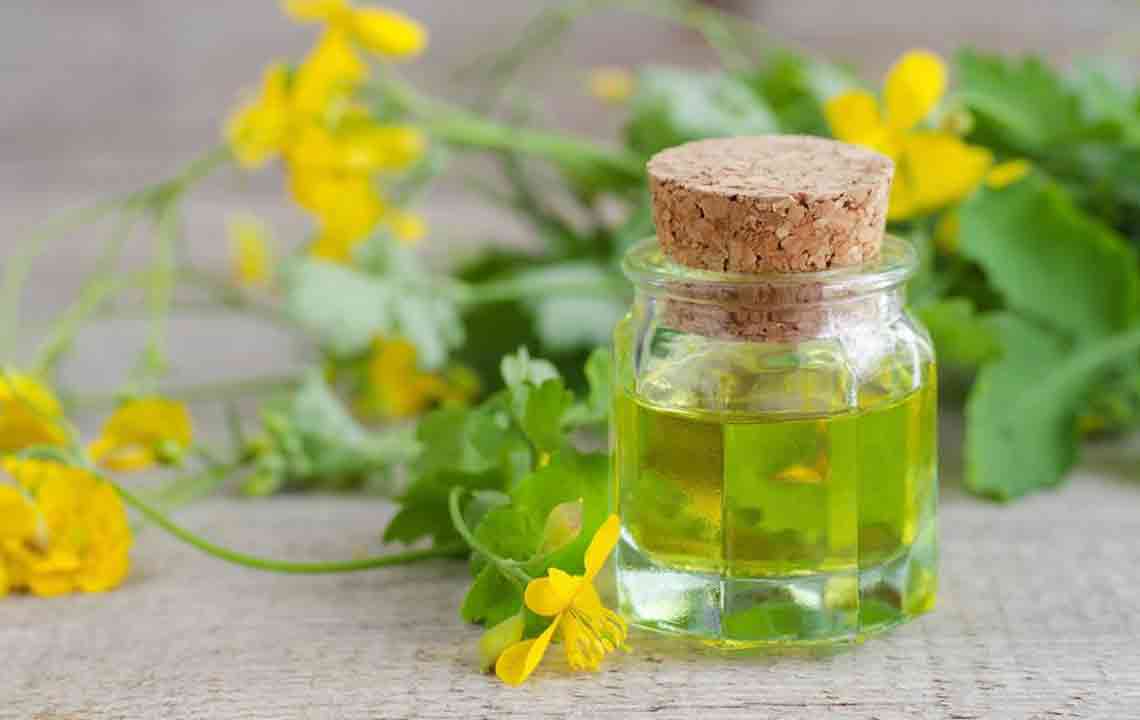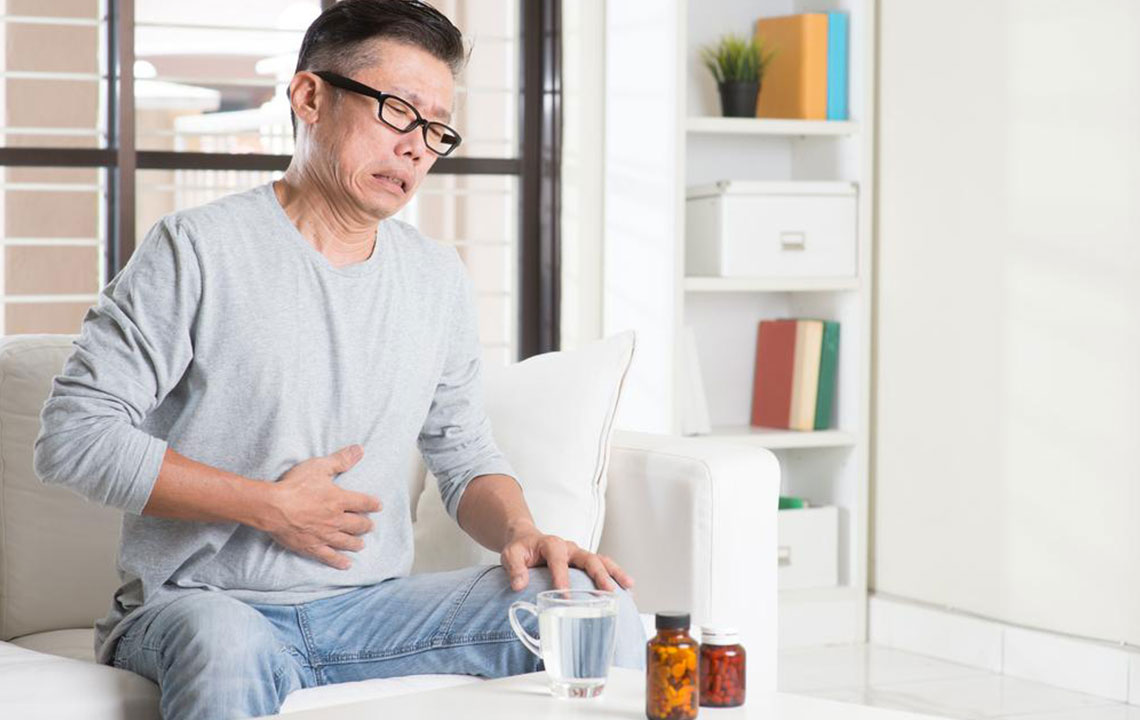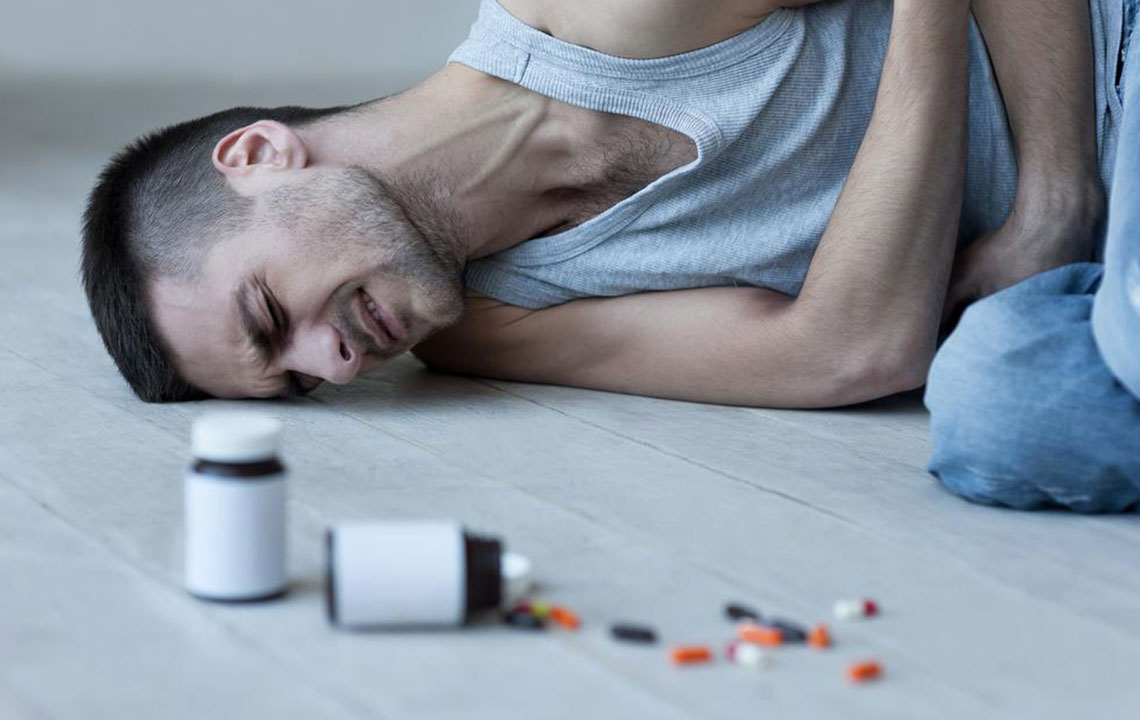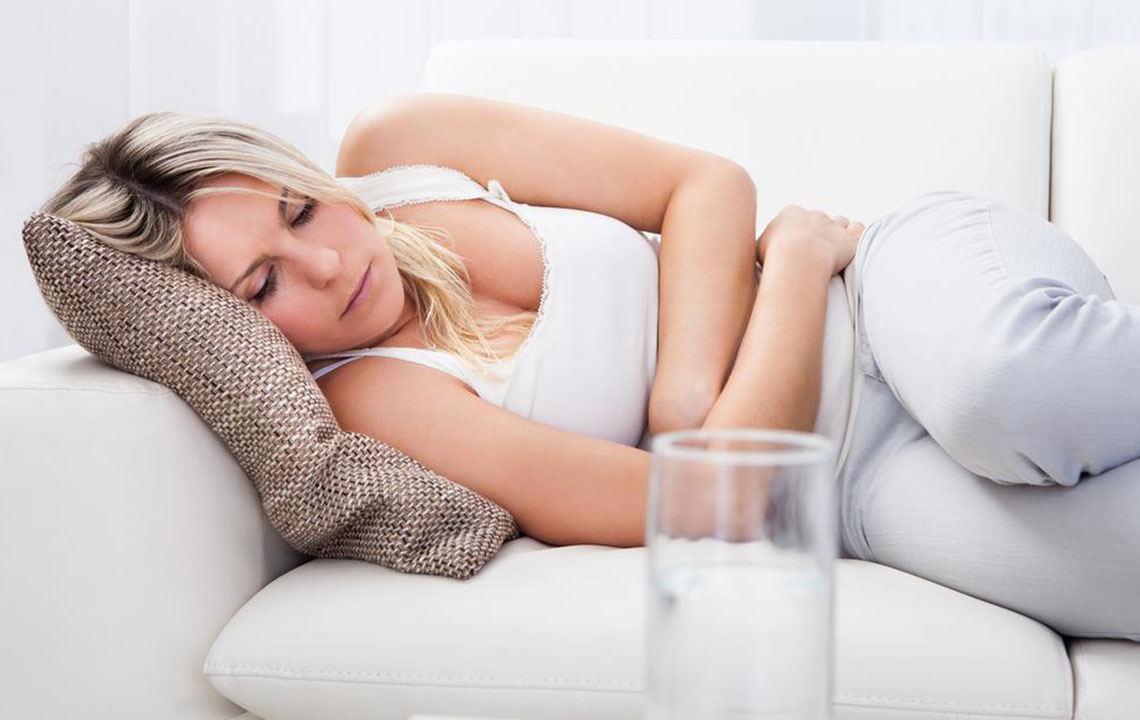Comprehensive Home and Medical Solutions to Relieve Hemorrhoids Effectively
Hemorrhoids, swollen veins in the rectal area, cause discomfort and pain. This comprehensive guide covers home remedies, lifestyle tips, and medical treatments like sclerotherapy, band ligation, cauterization, and surgery. Preventive strategies such as diet, hydration, and avoiding strain help reduce recurrence. Early intervention and consulting healthcare professionals are vital for effective management and relief of hemorrhoid symptoms, ensuring better rectal health and quality of life.

Proven Methods and Treatments for Hemorrhoid Relief
Managing hemorrhoids can be an excruciating experience, often accompanied by discomfort, itching, swelling, and sometimes even bleeding. Many individuals seek immediate relief using over-the-counter creams or topical ointments, but understanding the underlying causes and exploring a range of both home and medical interventions is essential for effective management. Hemorrhoids, also known as piles, are swollen and inflamed veins located in the lower rectum and around the anus, which can significantly impact quality of life if not treated properly.
There are two primary types of hemorrhoids: internal and external. Internal hemorrhoids develop inside the rectum and are often silent, only becoming noticeable when they bleed or prolapse. External hemorrhoids, on the other hand, form beneath the skin around the anus and are more likely to cause pain, itching, and visible lumps. In some cases, external hemorrhoids can enlarge, become thrombosed, or prolapse outside the anal opening, leading to more discomfort and complications.
While mild cases of hemorrhoids can often be managed at home with simple remedies and lifestyle changes, more severe or persistent cases require medical intervention. Medical treatments range from minimally invasive outpatient procedures to surgical removal, depending on the extent and severity of the hemorrhoids.
Topical hemorrhoid creams and ointments are among the most common initial treatments. These products typically contain ingredients like hydrocortisone, witch hazel, or lidocaine, providing quick relief from itching, swelling, and pain. It's important not to use these creams for longer than a week unless advised by a healthcare provider, as prolonged use can cause skin irritation or other side effects. If adverse reactions or persistent symptoms occur, consulting a healthcare professional is essential to prevent complications.
Beyond topical treatments, several effective home remedies can alleviate hemorrhoid symptoms and promote healing:
Sitz Baths: Regular warm sitz baths for 15 to 20 minutes help soothe inflamed tissues, reduce swelling, and relax anal muscles. Repeating this process multiple times a day can significantly ease discomfort.
Lubrication with Petroleum Jelly: Applying a small amount of petroleum jelly inside the anal canal can facilitate smoother bowel movements and reduce the risk of exacerbating hemorrhoids during defecation.
Cold Compresses: Applying cold packs or ice wrapped in a cloth to the affected area can numb pain and decrease inflammation. It’s recommended to limit ice application to 15-minute intervals to avoid skin damage.
High-Fiber Diet: Including plenty of fiber-rich foods such as fruits, vegetables, legumes, and whole grains can prevent constipation, soften stool, and reduce straining. Adequate hydration is also crucial; drinking plenty of water aids in smooth bowel movements.
For persistent or severe cases where home remedies and topical treatments do not provide relief, medical procedures may be warranted. These minimally invasive interventions are often performed on an outpatient basis and include:
Sclerotherapy: This involves injecting a sclerosing agent into the hemorrhoids to shrink them by sealing blood vessels, thus halting blood flow and reducing swelling.
Rubber Band Ligation: A small elastic band is placed around the base of internal hemorrhoids to cut off blood supply, causing the hemorrhoid to wither and fall off within a week.
Cauterization: Using laser or infrared heat, the hemorrhoids are sealed off, preventing blood flow and encouraging their removal.
Surgical Hemorrhoidectomy: For large, prolapsed, or external hemorrhoids that do not respond to other treatments, surgical removal may be necessary. This procedure removes the hemorrhoids entirely and is often effective in preventing recurrence.
While these treatments can be highly effective, prevention plays a critical role in managing hemorrhoids long-term. Making lifestyle modifications can significantly reduce the risk of recurrence:
Avoid straining during bowel movements, which increases pressure on rectal veins and exacerbates hemorrhoids.
Develop a regular bowel routine to prevent constipation and minimize undue pressure.
Elevate your feet on a stool while sitting on the toilet, facilitating easier stool passage.
Maintain a high-fiber diet and stay well-hydrated to promote consistent and healthy bowel movements.
Exercise regularly to improve overall bowel function and reduce pressure on hemorrhoidal veins.
In summary, hemorrhoids can be managed effectively through a combination of home remedies, lifestyle modifications, topical treatments, and medical procedures when necessary. Early intervention and preventive measures are key to alleviating symptoms and avoiding future complications. Consulting healthcare professionals when symptoms worsen or persist beyond routine treatments ensures proper diagnosis and tailored therapy, ultimately improving patient comfort and rectal health.
